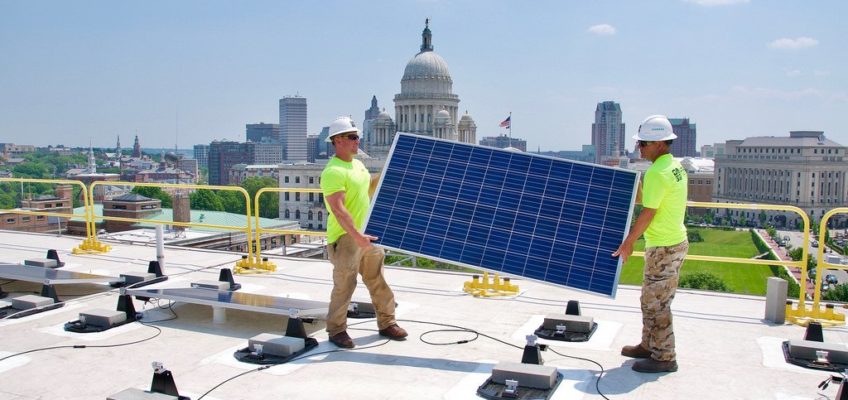Watertown, Massachusetts now requires solar power with all
new commercial construction and retrofits of structures greater than 10,000 sq
feet – as well all structures that include ten or more residential units.
Solar power as a required part of new construction is
starting to catch hold. Last year, we saw South
Miami mandate 2.75 kW of solar for every 1000 square feet on new homes.
Prior to that it’d been a few cities within California (Lancaster led
the way in 2013, with Sebastopol, Santa Monica, and San Francisco)
requiring solar with new construction. Now, of course, we live in a time where
the whole of the State of California has set a requirement
for all new low-rise residential construction to have solar in 2020, and
there is much
speculation on what that might do to lower installation costs.













